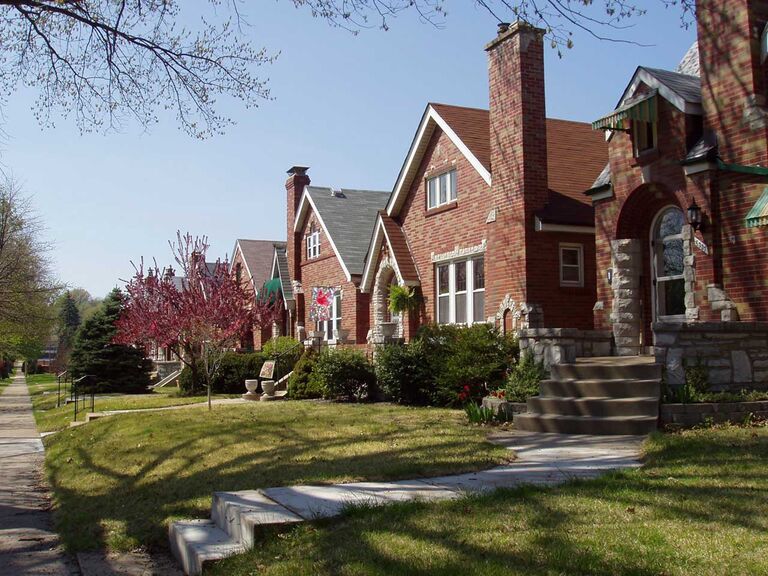Sandy Soil Causes Basement Water Problems in Northwest Indiana

Northwest Indiana is famous for, among other things, the Indiana Dunes National Lakeshore – big heaps of sand on the south shores of Lake Michigan. With the presence of all that sand on the lakefront, it’s not surprising that sand is a key ingredient of the soil in all of northwest Indiana.
Sandy soil is great for some things, like growing crops, and not so great for others, like, well, building houses. Actually, sandy soil has both positive and negative characteristics when it comes to keeping your basement dry.
How Sandy Soil Affects Basement Waterproofing in Northwest Indiana
Great Drainage – Ground water passes through different kinds of soil differently, depending on the porosity of the soil. With clay soil, such as is found in much of the Chicago area, the soil particles are packed densely together, leaving little room for water movement and resulting in poor drainage. In soil with a high concentration of sand, the soil particles are packed more loosely, leaving lots of space for water to move easily between them.
Little Saturation – With such great drainage, it follows that sandy soil rarely gets saturated. However, the weight of sandy soil is greater when wet than other wet soil mixtures so it still exerts lateral pressure against foundation walls and may cause the same cracking and inward bowing that plague foundations situated in denser soils. On the plus side, sandy soil doesn’t hold quantities of water next to the foundation, which eliminates some sources of seepage.
Sand Shifts – Because sandy soil is loosely packed, it shifts and compacts more easily. This can cause foundation footings to drop and foundation walls to shift outward. Along with serious structural problems that can result, this movement will also cause foundation wall cracks that will allow ground water seepage.
Rapid Drainage can be Too Much – All those wonderful drainage properties can also cause you some problems. In a heavy rainfall, water will seep into the ground and down through the sandy soil at a very high rate. This water will end up in your drain tile system and flow to your sump pump, which could easily be overwhelmed by too much water. This is why back-up sump pumps, particularly of the AC/DC variety, are highly recommended for homes built on sandy soil.
Additionally, the sand caught in this flowing water can take years off the life of a sump pump so a smart basement waterproofing company will install a catch basin between the drain tile and sump pump. This will allow the sand to drop out of the water and prolong the life of the sump pump.
It’s also important in these situations to manage yard drainage properly, particularly extending downspouts away from foundations to reduce the amount of water flowing into drain tile.
We can’t do much about the soil on which your northwest Indiana home was built, but the experts at U.S. Waterproofing have helped thousands of your neighbors eliminate basement water problems since our founding in 1957, so why not ask for our free advice?




